Gum health can be maintained by
- Twice a day brushing
- Flossing
- Preventive Professional Scaling every 6 months
Gums are tissues that surround the teeth and bone. They are essential for maintaining the health of the teeth and underlying bone. When gums are healthy, they prevent any communication between the oral cavity and the bone, thus protecting the bone from the bacteria in the oral cavity. This makes it critical to maintain the health of gums. The main cause of gum disease is plaque – the white sticky substance that adheres to your teeth. It is mainly made of food debris and bacteria. Bacteria in the plaque produce toxins. These toxins can irritate the gums, tissues, and bones supporting the teeth.
This is the first stage, and the infection is limited to the gums. In gingivitis, the gums become red, swollen, and bleed. This causes little or no discomfort or pain, and hence people often avoid treatment. However, it can be reversed at an early stage with proper treatment and oral home care. At Clinic Eximus, we take care of your teeth and perform professional cleaning, scaling, and polishing.
The second stage of gum disease is pyorrhea or periodontitis. In this stage, the infection spreads from the gums to the underlying bone, causing the destruction of bone and loosening of teeth. This stage requires advanced gum treatments.
It is done for gingivitis cases where the infection is limited to the gums. It includes a thorough professional ultrasonic cleaning called scaling, followed by polishing of the tooth surfaces. In moderate cases, deep cleaning by dental laser helps prevent the condition from progressing to the advanced stages that require surgery.
We use various practices for treating gum diseases. Flap surgery/pocket reduction and bone grafts are some of the most popular methods. Additionally, we use deep cleaning (scaling, curettage, and root planing). Dental laser forms an integral part of successful advanced gum treatments.
This is one of the most effective ways to treat gum disease. In this procedure, the gums are lifted back, and plaque is removed. It works well for smoothing damaged bone and restricting the area of disease-causing bacteria.
Flap surgery is very beneficial in reducing the space between the tooth and gum, eliminating the chance of bacterial growth. Therefore, it is the best fit for diminishing gum health problems associated with periodontal disease.
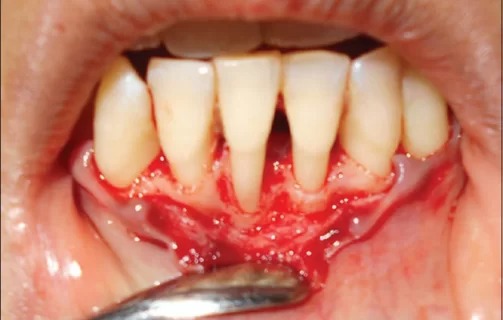
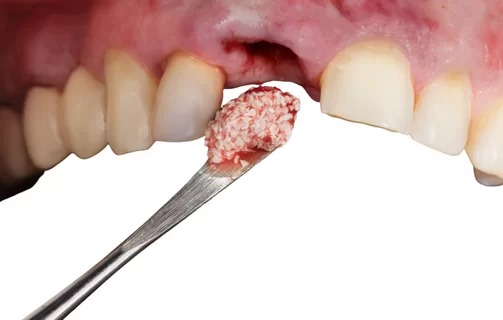
This procedure is very effective in treating bone destruction caused by gum disease. The bone graft procedure is ideal for promoting the regrowth of bone and helps restore the stability of teeth.
It’s a very simple surgical procedure. In cases of receding gums, a soft tissue graft is result-oriented. To perform this procedure, tissues are taken from the nearby healthy gum or the roof of the mouth. These tissues are then placed in the affected area.
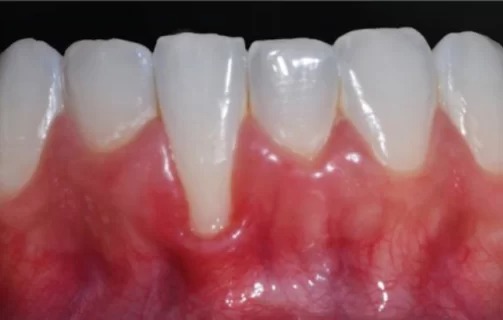
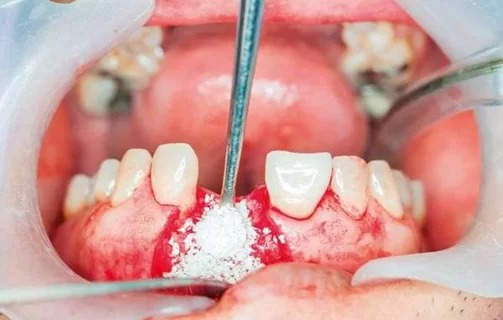
This procedure is considered best for shallow craters formed due to bone loss. Bone reshaping is done to decrease the craters, significantly reducing bacterial growth.
Dental laser is the most advanced tool for successful advanced gum surgeries. It helps to destroy the bacteria causing gum diseases, thereby increasing the success rate.
The laser also helps to decrease the healing time after gum surgery, leading to faster recovery post-surgery.
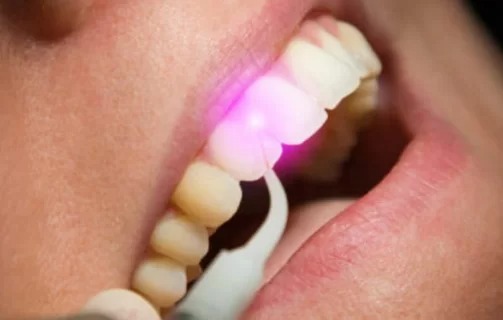
Gum diseases begin with certain symptoms which we shouldn’t ignore.
Gum health can be maintained by
This is a very common myth. Scaling only removes the tartar from the teeth .
This is a very common myth. Scaling only removes the tartar from the teeth.
Sensitivity can be caused if the ultrasonic machine used for scaling is of poor quality, leading to the removal of the outer layer of the teeth. These cheap machines are usually used to cut down the cost of the treatment.
You might be cleaning your teeth twice a day, but are you sure you are doing it effectively? There are areas in your mouth that you cannot see. So, although you might be brushing twice a day, these areas might not be getting cleaned at all. Whenever you eat something, a soft film called “plaque” starts accumulating on and between your teeth. This plaque is a collection of microorganisms. Within 24 hours, it starts hardening and becomes tartar or “calculus.” No matter how efficiently you brush, normal brushing will not remove tartar. That is why we always suggest brushing twice daily to clean the plaque before it hardens into tartar.




© 2023 All Rights Reserved - Website Managed by Clinic Eximus